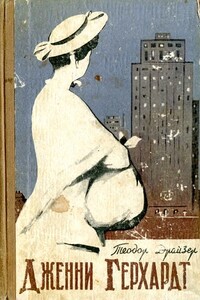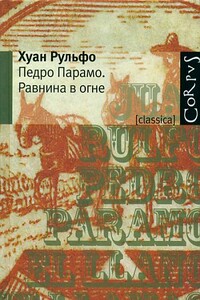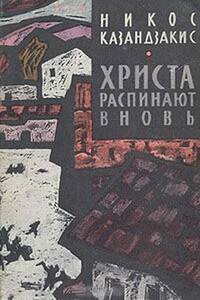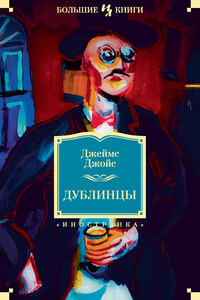Теодор Драйзер. Дженни Г ерхардт
| CHAPTER I One morning, in the fall of 1880, a middle-aged woman, accompanied by a young girl of eighteen, presented herself at the clerk's desk of the principal hotel in Columbus, Ohio, and made inquiry as to whether there was anything about the place that she could do. | Глава I Осенним утром 1880 года немолодая женщина в сопровождении девушки лет восемнадцати вошла в главный отель города Колумбуса (штат Огайо) и, подойдя к портье, спросила, не найдется ли для нее в отеле какой-нибудь работы. |
| She was of a helpless, fleshy build, with a frank, open countenance and an innocent, diffident manner. Her eyes were large and patient, and in them dwelt such a shadow of distress as only those who have looked sympathetically into the countenances of the distraught and helpless poor know anything about. | Она была полная, но некрепкого сложения, держалась скромно и просто. Лицо у нее было открытое, большие глаза смотрели терпеливо и кротко, и в них таилась тень скорби, понятной лишь тем, кому случалось участливо заглянуть в лицо беспомощного, подавленного горем бедняка. |
| Any one could see where the daughter behind her got the timidity and shamefacedness which now caused her to stand back and look indifferently away. | Нетрудно было понять, откуда взялись у ее дочери робость и застенчивость, которые теперь заставляли ее держаться позади матери и с притворным равнодушием смотреть в сторону. |
| She was a product of the fancy, the feeling, the innate affection of the untutored but poetic mind of her mother combined with the gravity and poise which were characteristic of her father. | В характере этой девушки воображение, природная чуткость и впечатлительность неразвитого, но поэтического ума, унаследованные от матери, сочетались с отцовской серьезностью и уравновешенностью. |
| Poverty was driving them. | Женщин этих привела сюда нужда. |
| Together they presented so appealing a picture of honest necessity that even the clerk was affected. | Они казались таким трогательным воплощением честной бедности, что вызвали сочувствие даже у портье. |
| "What is it you would like to do?" he said. | - А какую работу вы ищете? - спросил он. |
| "Maybe you have some cleaning or scrubbing," she replied, timidly. | - Может, вам нужно где прибрать или что почистить, - несмело ответила мать. |
| "I could wash the floors." | - А еще я могу мыть полы. |
| The daughter, hearing the statement, turned uneasily, not because it irritated her to work, but because she hated people to guess at the poverty that made it necessary. |








